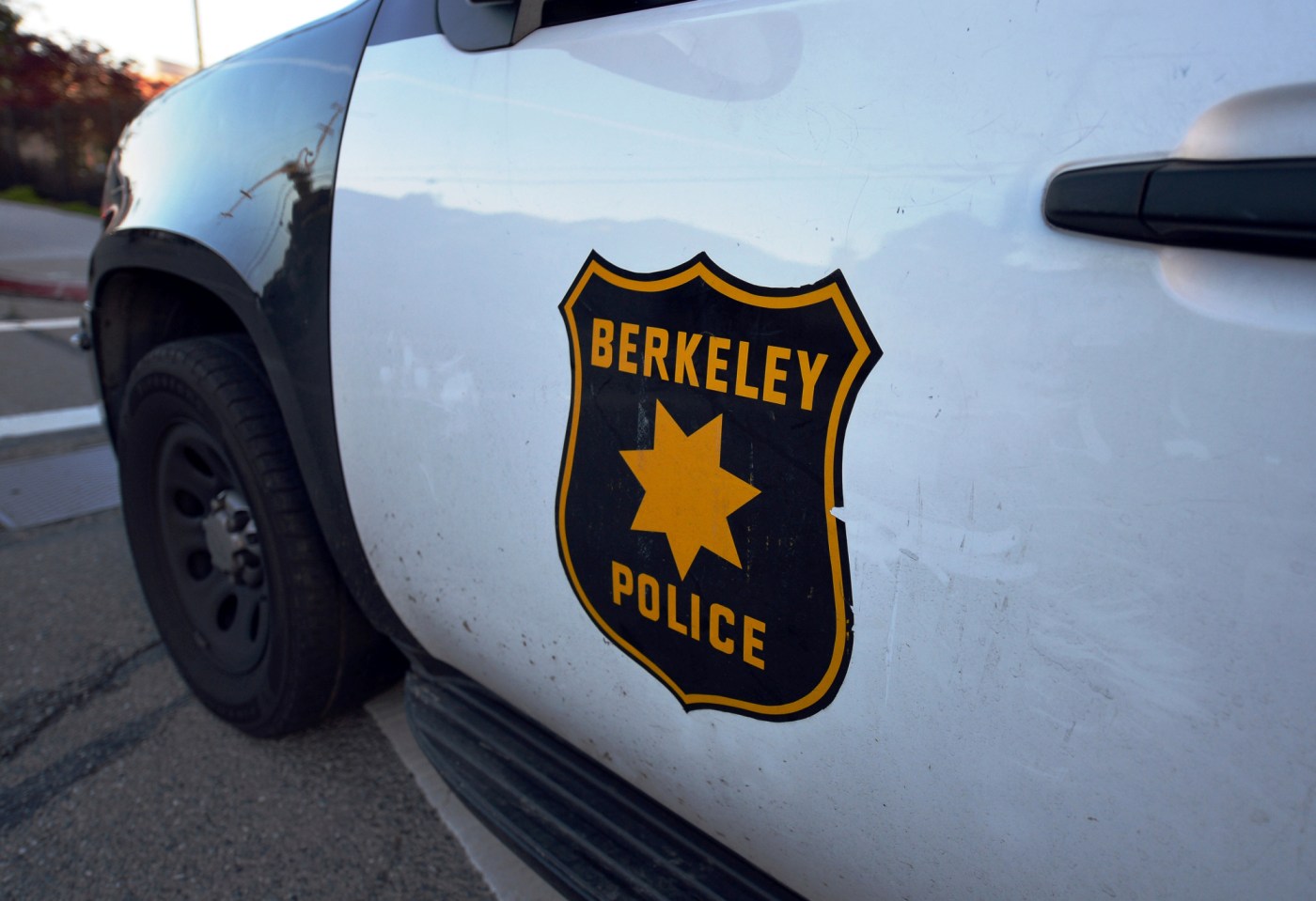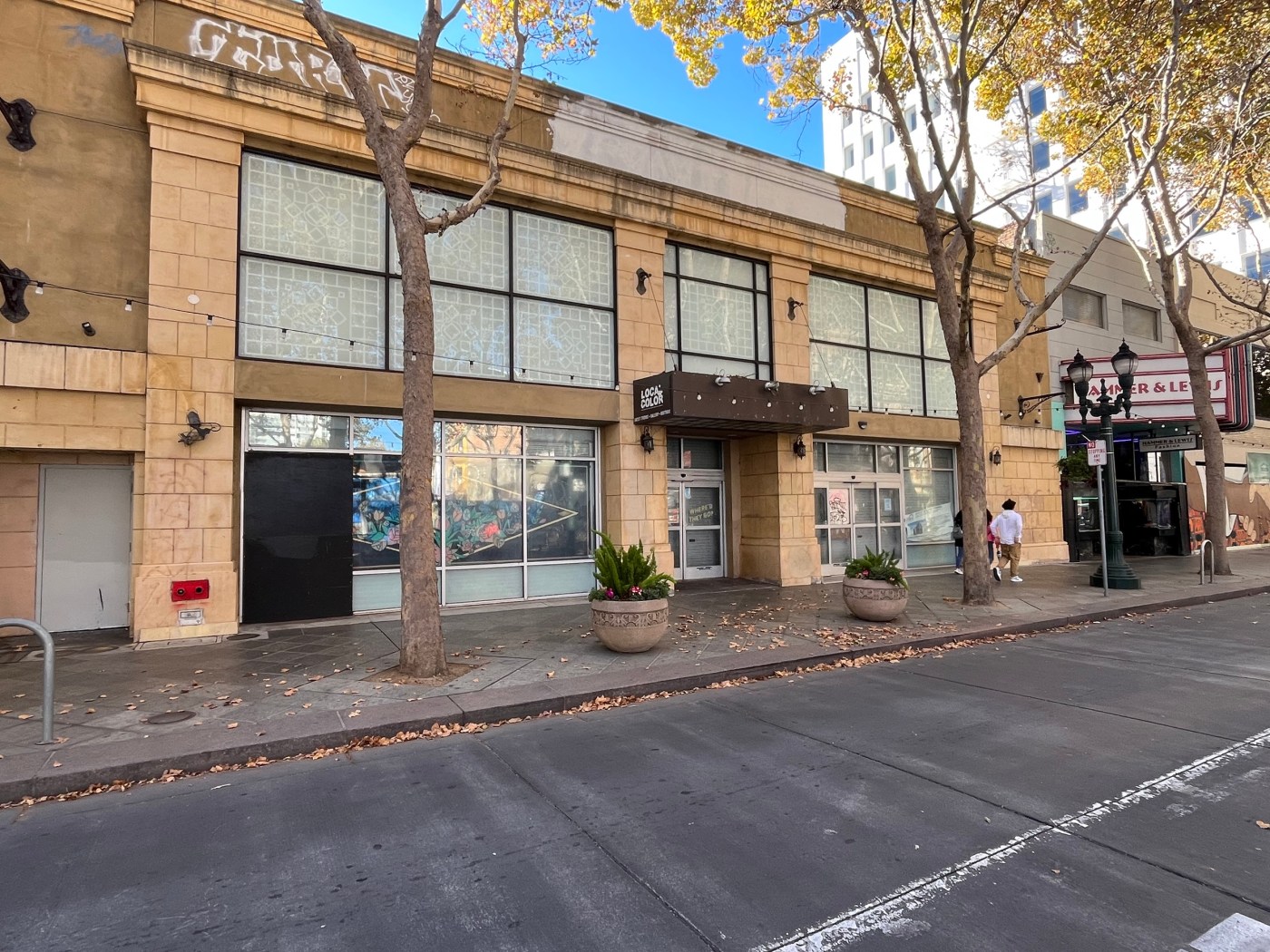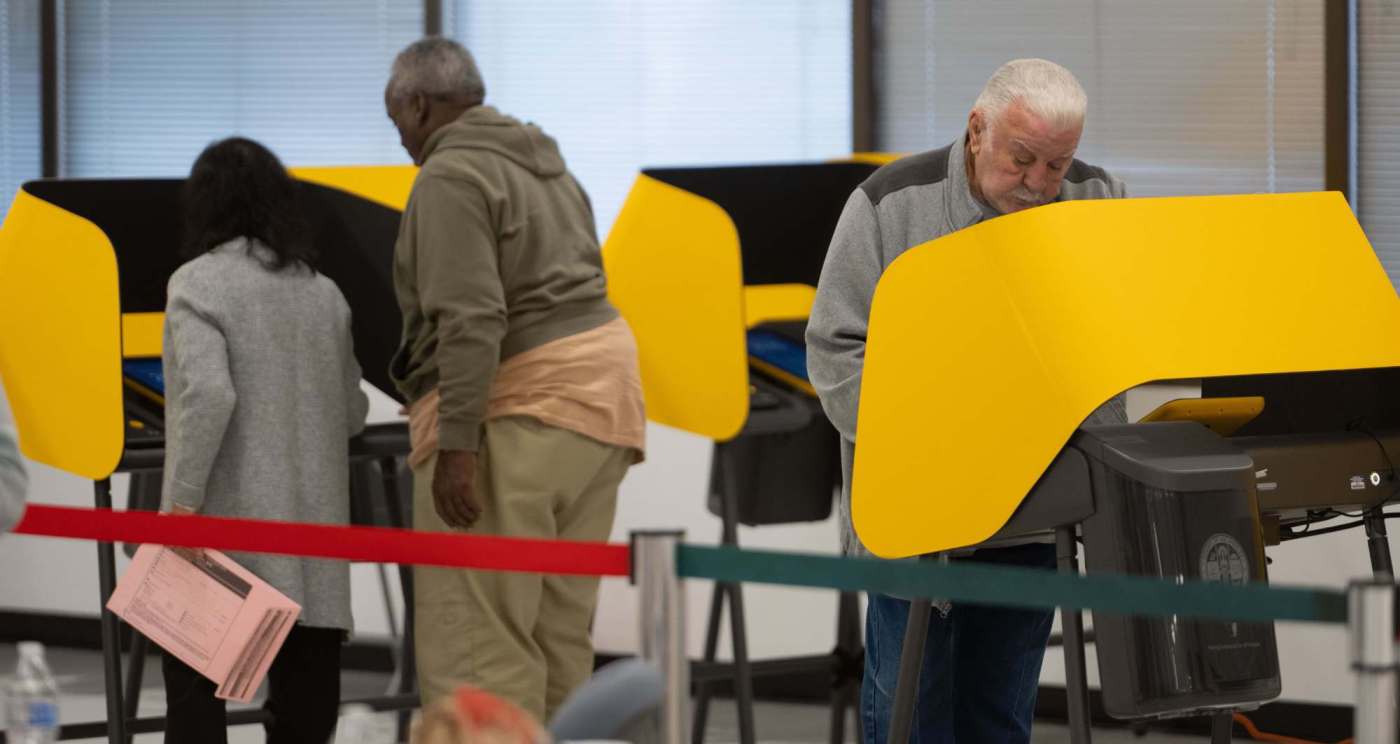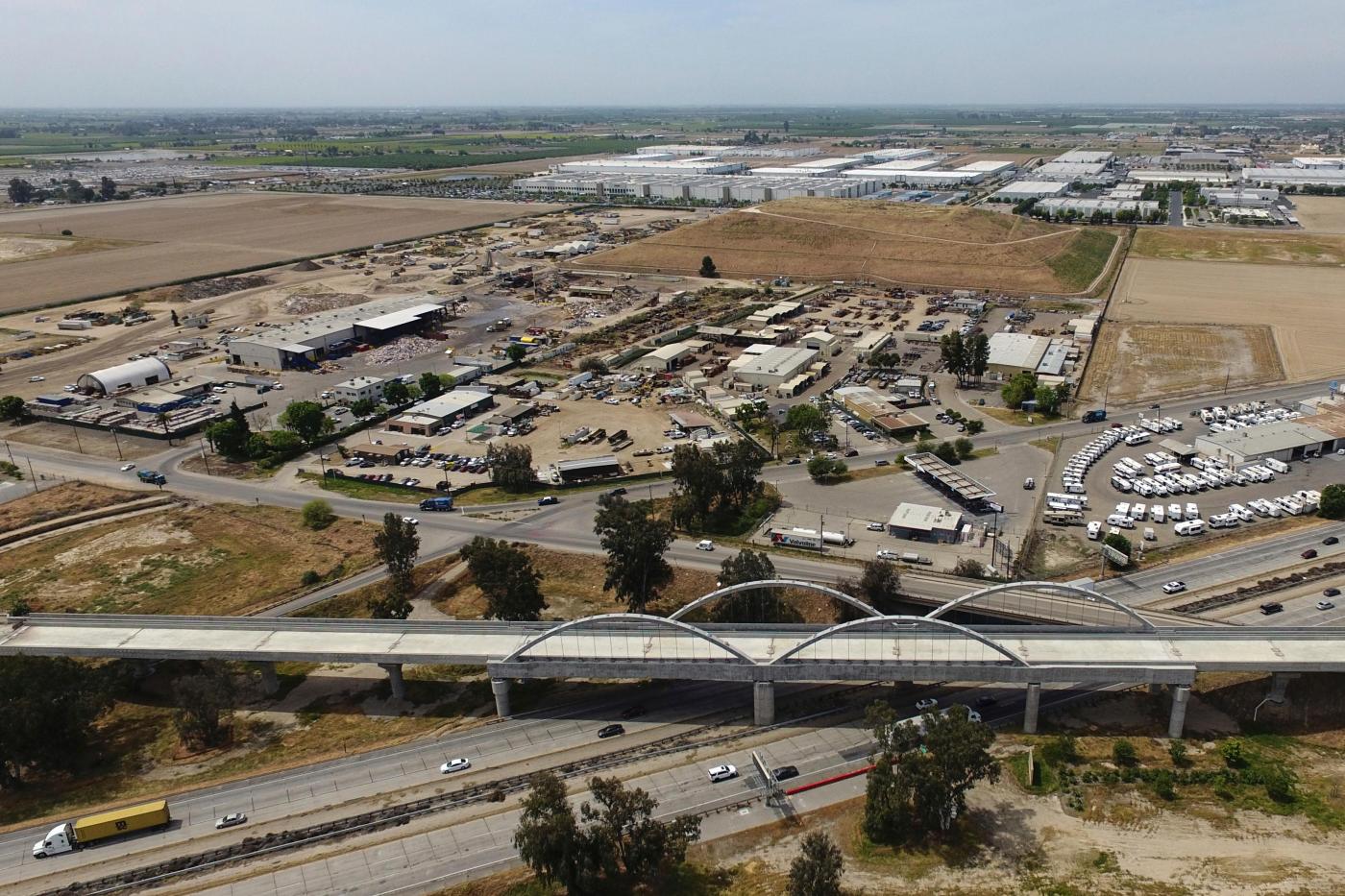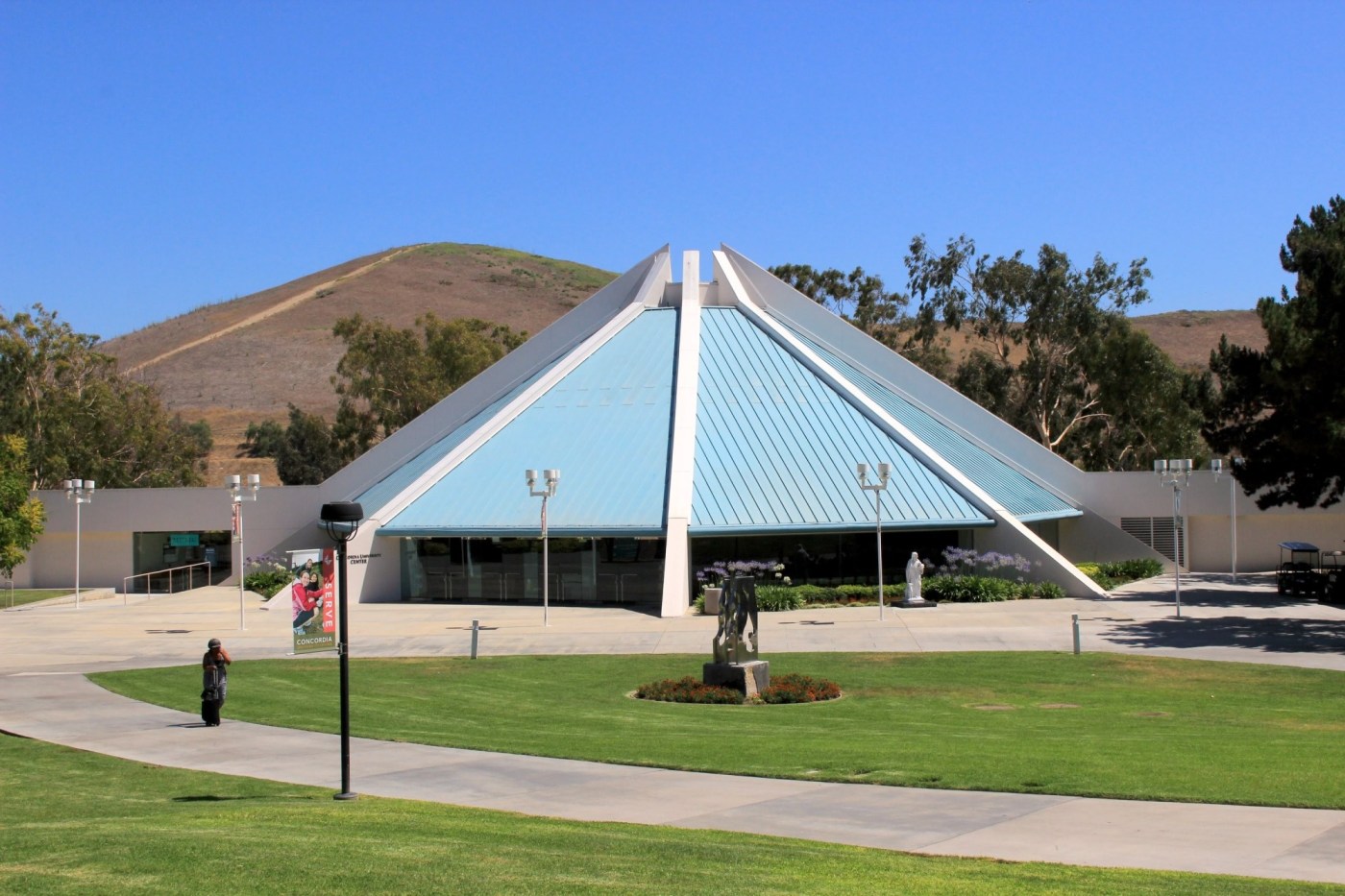BERKELEY — Police scanners in Berkeley could soon go silent, but transparency concerns remain among some current and former city leaders who say they’d like to first see more discussion on the issue and potential compromises.
Earlier this month, law enforcement agencies across Contra Costa and Alameda counties began a switch to remove all publicly accessible police channels. Department heads say the move is meant to comply with a 2020 bulletin from former California Attorney General Xavier Becerra that asked agencies to protect sensitive information like driver’s license numbers, Social Security numbers and other data that could be used to identify citizens.
Two methods can be used to meet that mandate: full encryption or switching to private channels to transmit sensitive information while keeping other information on public channels. While all other local East Bay agencies opted for the extreme option, the Berkeley Police Department has remained the lone holdout due to a 2021 city policy banning encryption in most cases.
But that could change Tuesday, when the Berkeley City Council will decide whether to reverse the policy.
The police department says the change is necessary to protect officers from potentially being ambushed and to prevent suspected criminals from evading arrest. Critics of the request argue the public would lose an important tool for monitoring crime in the city and holding officers accountable.
Representatives with the Berkeley Police Department did not immediately respond to a request for comment. In a statement in September, the department said it was weighing the “balance of costs, privacy protections, and operational efficacy,” of being the only agency to not encrypt and that a future transition to county-wide encryption standards may be necessary.
Nathan Mizell, a former member of the Police Accountability Board, said he understands the need to protect private information, but he sees no reason why the department’s current efforts aren’t working. Already, the police department has the ability to encrypt communications for more sensitive operations, such as while serving search warrants.
Full encryption will simply be a policy decision “that will leave people quite literally in the dark about department allegations,” Mizell said.
“I don’t see much – if any – public safety benefit to the police being able to encrypt all communications,” Mizell said. “Really it seems just to afford less transparency to the actions of the police. I don’t think that makes too much sense.”
The Oakland Police Department’s channel is displayed on a scanner in Oakland, Calif., on Wednesday, Sept. 2, 2025. The OPD will silence its radios early Wednesday due to new encryption that will cut off public access to real-time information. (Ray Chavez/Bay Area News Group)
Berkeley councilmembers banned encryption in 2021 as part of a larger police department request to purchase new Motorola radios that police officials said were the most advanced on the market and would perform without glitches in the fire-prone hills.
The request passed on a 6-2-1 vote, after a majority of councilmembers said they wanted to ensure emergency crews had the tools they needed to respond to crises like the deadly and destructive 1991 Oakland-Berkeley hills firestorm.
The author of the encryption ban policy, former Councilmember Kate Harrison, voted against the overall package because she said the city should have conducted a more robust vendor search.
With the issue being revisited Tuesday, Harrison said she’s still concerned about public transparency and believes a compromise with police — such as delaying scanning feeds — could be reached.
“If there are legitimate department concerns, the city needs to figure out how to accommodate them,” Harrison said. “But let’s not throw the baby out with the bath water.”
Former Councilmember Susan Wengraf was one of six councilmembers who voted in favor of the encryption ban in 2021. Like Harrison, Wengraf said the council should explore possible workarounds but “wouldn’t want them to spend too much time on it.”
If Berkeley is the only jurisdiction to not encrypt in the East Bay, Wengraf said she’d be concerned the city would be a “magnet for crime.” She ultimately trusts the police department and believes their concerns about being ambushed or suspects escaping apprehension are valid.
“I personally think we have a very good police department in the city of Berkeley,” Wengraf said. “Any organization will have bad apples. We may have had bad apples in the past, but we have an extraordinarily good police department now and I’m less critical and suspicious of them. If they feel they need this additional step in order to be more effective, I support that.”
Michael Chang, another former member of the Police Accountability Board, said he also understood the police department’s argument that keeping those communications public could pose a risk to police safety, given that suspects could hear how officers are responding to crimes.
But the scope of the proposal to shield all police communications from the public “may be too broad, and is going to raise concerns about transparency of policing.”
In addition to potentially harming public trust through the “perception that police practices are being hidden from public view,” Chang took issue with the notion that residents could still obtain recordings of those conversations via requests through the California Public Records Act. Those requests can often take an unnecessarily long time to process and people not acquainted with the law also may not know how to navigate filing such requests, or fight back when such a request is denied, he argued.
“It’s absolutely critical to community policing that the public trust be maintained. And transparency of communication is one core form of such,” said Chang, now president of the Berkeley Unified School District’s Board of Education.
Hansel Alejandro Aguilar, Berkeley’s Director of Police Accountability, said he was concerned that the issue was not first considered by the Police Accountability Board, a body of nine appointed residents charged with providing independent oversight of the police department.
Had the item come before the body, Aguilar said he and board members would have requested data to see how often suspects have been found listening to the scanner, as the police department has claimed. And they would have looked at alternatives being used in other jurisdictions, including Palo Alto where the police department decided to reopen its channels to the public in late 2022 after fully encrypting in early 2021.
“This is something that needs to be balanced carefully,” Aguilar said. “My concern is for the public process.”
